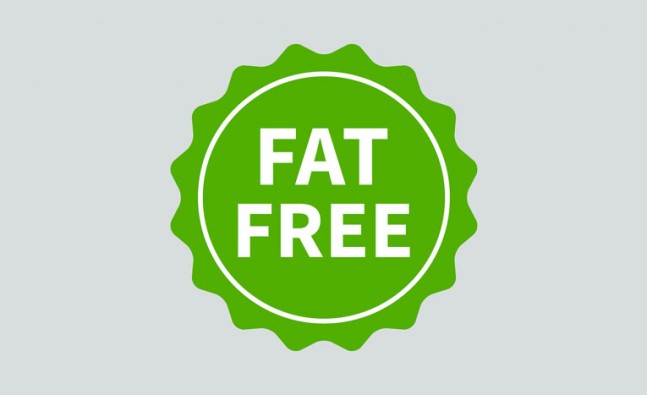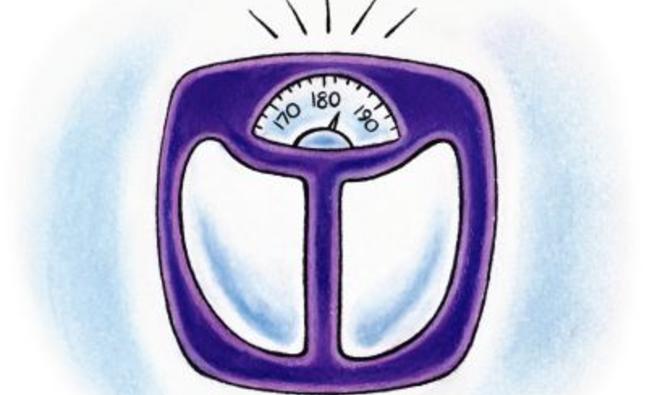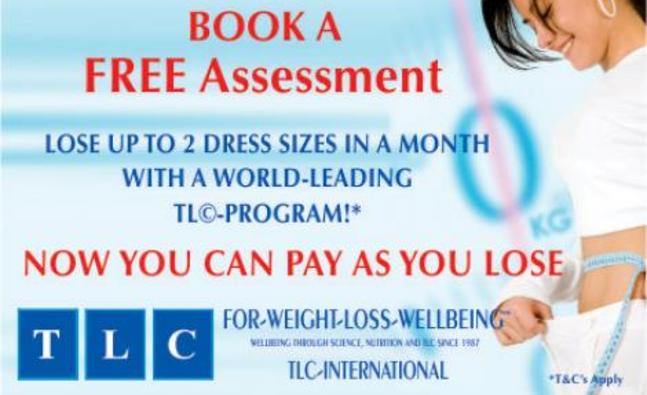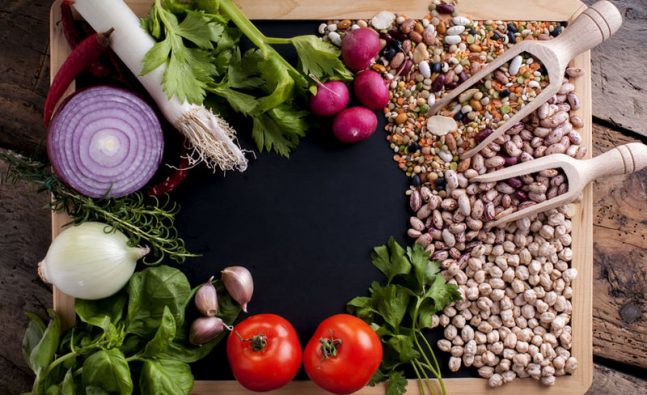Fashionable nutrition myths: Fat-free’s dirty little secret

Fat-free’s dirty little secret
The labels on the supermarket shelves scream at you as you walk by. They all seem to be labelled for your benefit, proclaiming things like 'GMO free', 'low-carb' and 'sugar-free'.
These labelling practices are there to help SALES, not you. They are often TECHNICALLY true, but actually represent a subtle bending of the truth, or are just a misleading representation of the bigger picture.
Possibly the marketing claim that hurts dieters the most is 'fat-free'
So many foods carry this label. Yoghurt, milk, cheese, sweets, and others all letting you know that the contents are free of any fat. So what's wrong with that? Let's look at two examples to find out.
Fat-free milk is the same as cocoa-free chocolate. Milk naturally contains fat. Taking it out makes the milk unstable. So what do they do? Replace the fat with chemicals, that's what. So on a dairy label, 'fat-free' means 'contains weird chemicals'.
Fat free means 'contains weird chemicals'.
Marshmallows are fat-free, because there is no fat in there to begin with! They are made almost entirely from sugar and gelatine. Neither of these is a fat, hence the fat-free claim. But that’s like saying 'purple-free' on a tin of white paint. It's an obvious, and not very helpful statement... right?
Beware of misleading labels. Dieters see the 'fat-free' label and eat the whole bag of marshmallows thinking they're healthy. But they have actually just eaten a whole bunch of sugar that is likely to be stored as fat anyway.
The issue here is not whether fat is good or bad for you
The issue is that you need to decide what you want to eat and don't be fooled by marketing hype.
Understand your food, read your labels, and most importantly realise that you shouldn't be eating too many foods that need labels anyway. You don't need a 'fat-free' sticker on broccoli to know it's good for you, not so?
-
Ditch the drastic diet and lose weight
-
Get your summer body here!
Are you summer ready? Do you want a summer body? Let TLC help you reac
-
Dietary changes for weight loss
-
Your Yummy, Satisfying, 1,600-Calorie Day of Eating
BREAKFAST Sweet-Treat Toast 1 Laughing Cow Original Creamy Swiss wedge
-
Get greedy for grapefruit
-
5 Diet and exercise tips to help you lose weight for good!
- DON'T MISS
- 4 Steps Thatll Prevent You From Eating When Youre Not Actually Hungry
- Exercise tips for weight loss: The easiest & cheapest pre-workout supplement
- The best diet for healthy WEIGHT LOSS? 5 Tips on eating island-style
- 6 Reasons You SHOULDNT Starve Yourself After Over-Indulging
- 6 Super snacks of 100 calories or fewer
- A quick rule to kill your sugar craving
- What to Put on Your Fridge—Instead of a Sexy Model Pic—to Help You Lose Weight
- 5 Hopeful Tips for Shedding ALL of Your Pregnancy Weight
- Are we poisoning ourselves with sugar?
- New weight loss and anti-aging Alternate Day Diet




